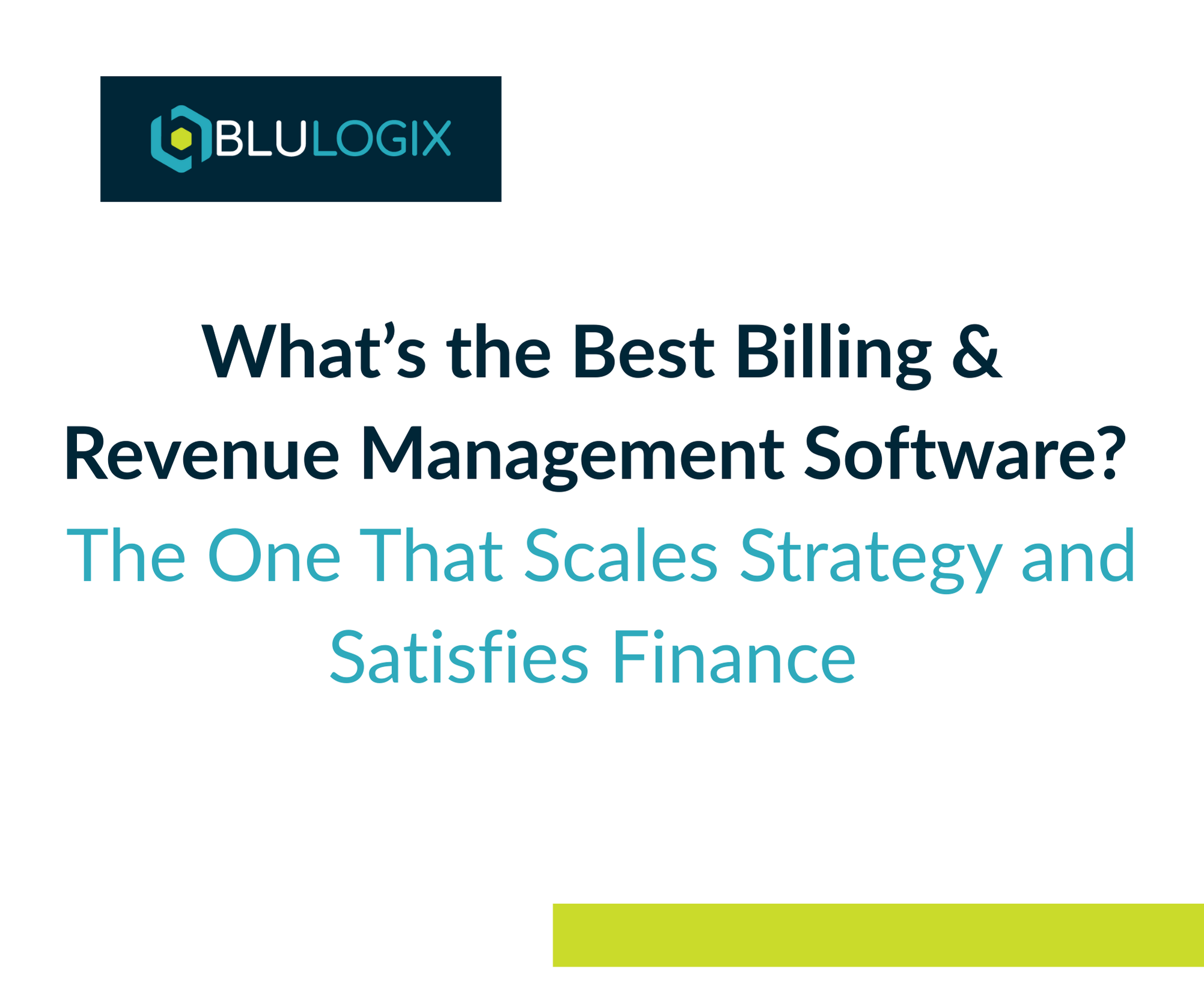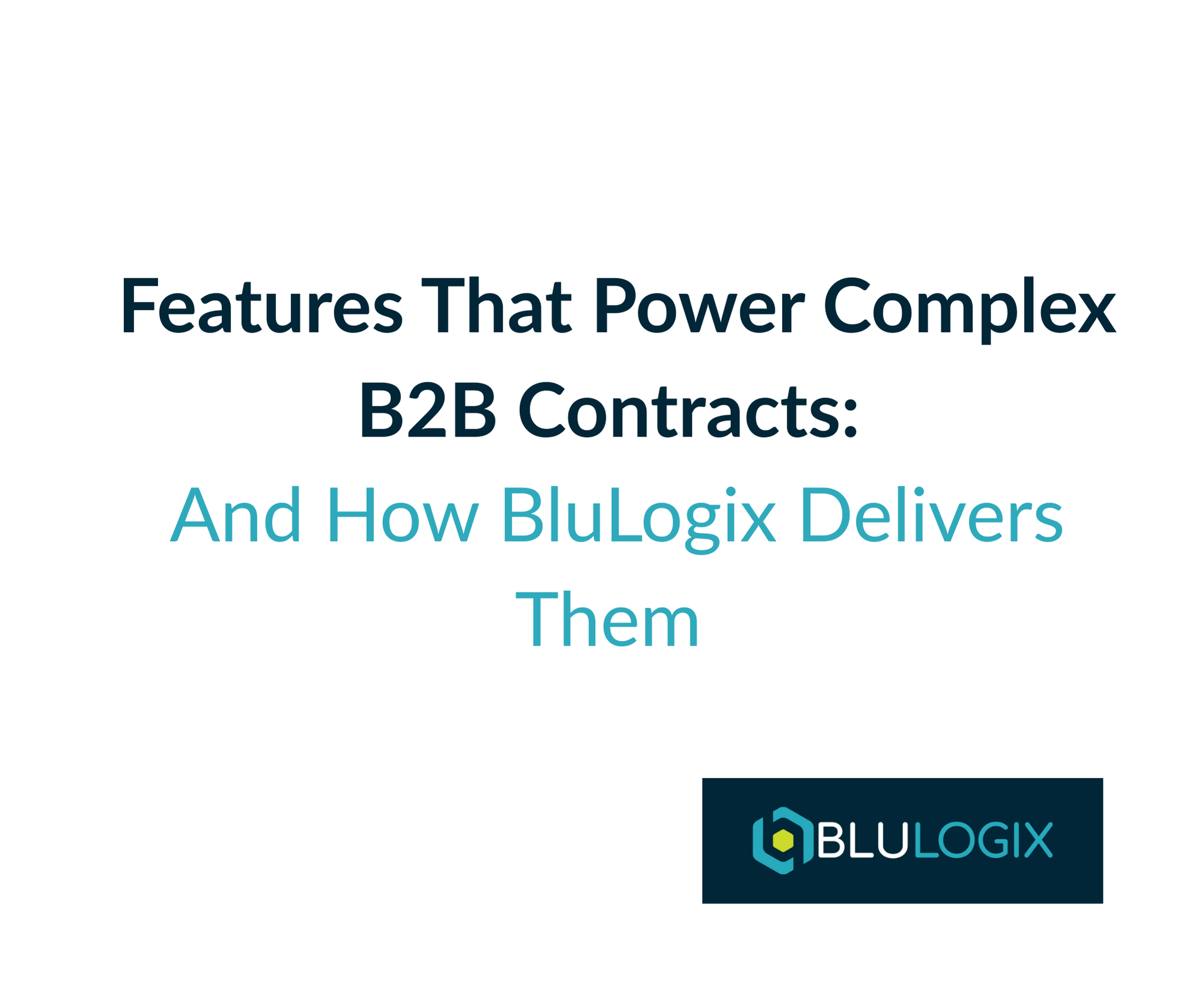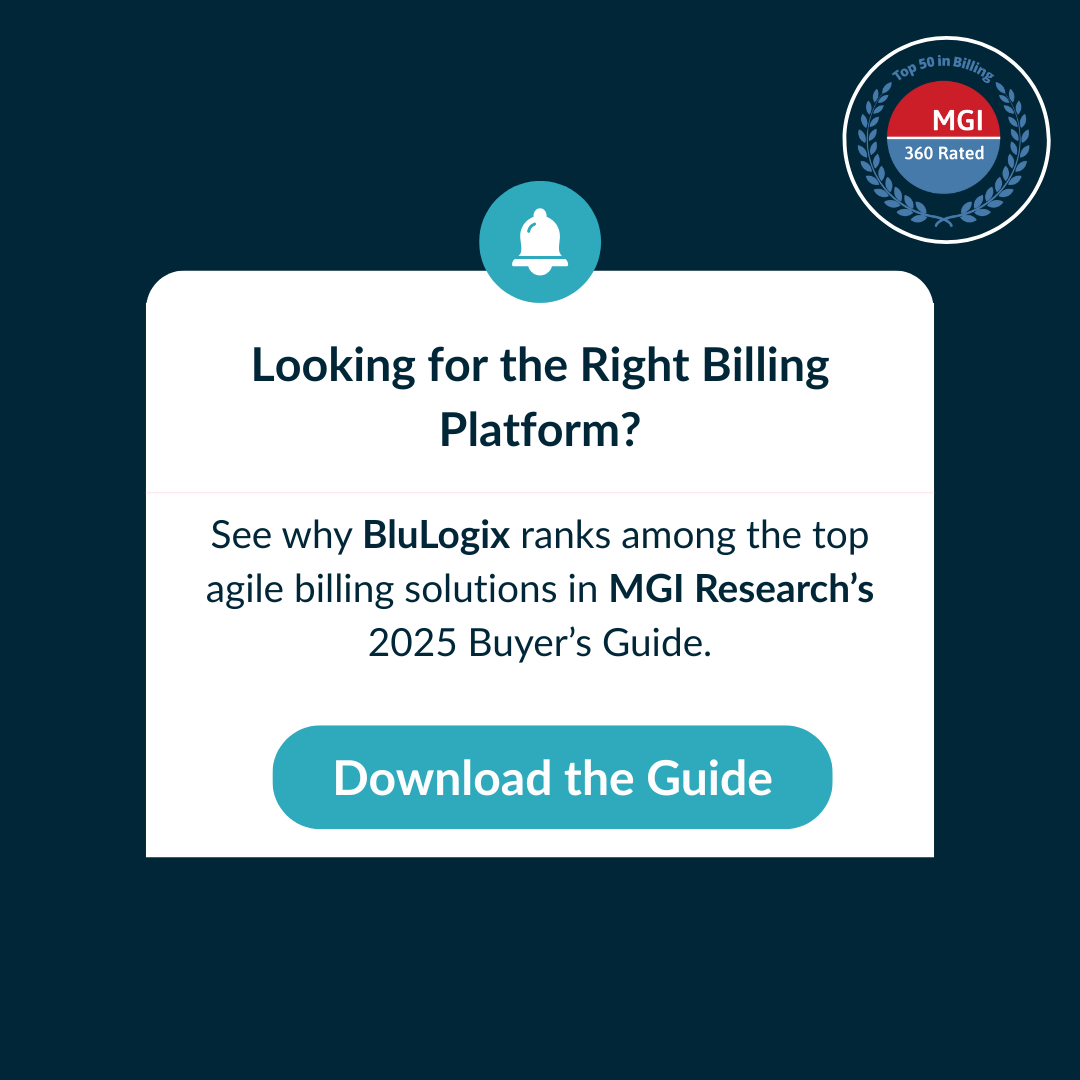Embracing the Future: How Subscription Models are Redefining Success in Business
The business world is undergoing a significant transformation, with digital innovation at its core. This evolution has paved the way for subscription and recurring revenue models to emerge as powerful strategies for sustainable growth. The latest whitepaper, “Monetization in the Digital Economy,” delves deep into why and how businesses are transitioning from traditional sales models to subscription-based approaches.
Creating a Monetization Framework For Your Business
The Rise of Subscription Models
Subscription models have gained immense popularity across various industries, from software and entertainment to retail and services. This model offers customers ongoing value through regular access to products or services, in exchange for recurring payments. It’s a win-win: businesses enjoy predictable revenue streams while customers benefit from continuous updates, enhancements, and support.
Why Subscription Models Matter
In the digital economy, customer expectations are higher than ever. People seek flexibility, customization, and value. Subscription models meet these demands by providing a tailored experience that can evolve with the customer’s needs. For businesses, this model fosters stronger customer relationships, enhances loyalty, and opens up new avenues for monetization.
Navigating the Shift with a Monetization Framework
Transitioning to a subscription model requires more than just a change in billing; it’s a fundamental shift in how a business operates and delivers value. The whitepaper highlights the importance of a Monetization Framework, an organizational tool that guides the development of subscription models as a business discipline. This framework covers everything from product development and marketing to sales, finance, and customer support, ensuring a holistic approach to monetization.
The Impact on Revenue and Growth
Subscription and recurring revenue models offer a more predictable, stable financial outlook for businesses. They allow for the efficient and effective translation of market demand into revenue, driving profitable growth. Moreover, these models provide a platform for continuous innovation, enabling businesses to stay competitive and relevant in a rapidly changing market.
Conclusion
The shift to subscription models is more than a trend; it’s a reflection of the evolving digital landscape and changing consumer preferences. Businesses that embrace this shift, supported by a robust Monetization Framework, position themselves for success in the digital economy. The “Monetization in the Digital Economy” whitepaper offers invaluable insights into making this transition smoothly and sustainably, ensuring that organizations can capitalize on the opportunities presented by subscription and recurring revenue models.
Creating a Monetization Framework For Your Business
Learn more

What’s the Best Billing & Revenue Management Software? The One That Scales Strategy and Satisfies Finance

Features That Power Complex B2B Contracts — And How BluLogix Delivers Them



